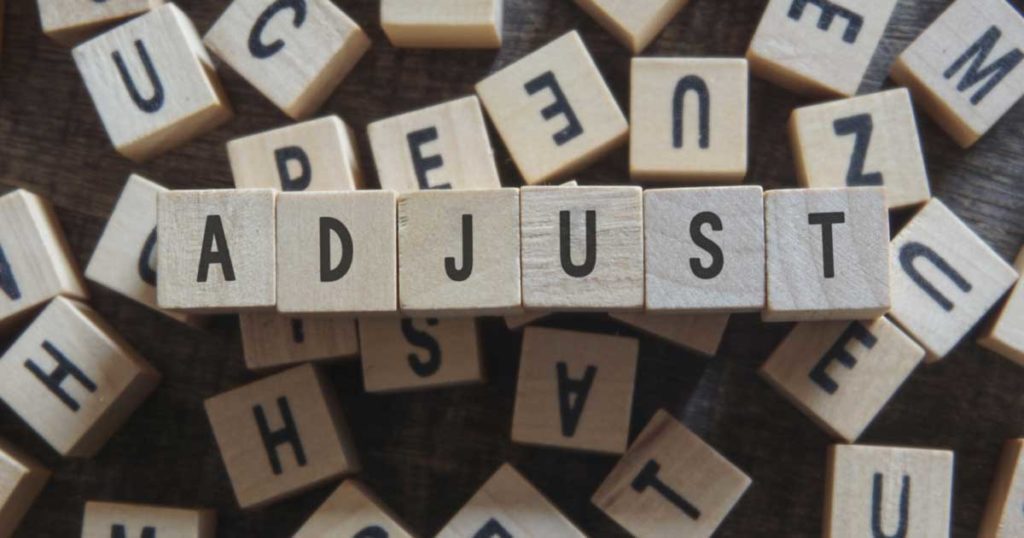Although many of us experience stressful events, some individuals respond with marked distress when coping with stressors. An inability to adjust to stressful events can cause serious psychological and sometimes physical symptoms, often resulting in what is known as an adjustment disorder.
What Is an Adjustment Disorder?
According to the Diagnostic and Statistical Manual of Mental Disorders (DSM), the primary feature of an adjustment disorder is the development of emotional or behavioral symptoms as a result of an identifiable psychosocial stressor that occur within three months of the onset of the stressor. The effects of an adjustment disorder can be experienced in both children and adults and may last up to six months after the commencement of the stressor. The causes are complex and may include multiple factors like life experiences, genetics and temperament, as well as chemical changes within the individual’s brain. There are six classifications of adjustment disorders:
- Adjustment disorder with depressed mood: Characterized by feelings of sadness and/or loneliness
- Adjustment disorder with anxiety: Often includes feelings of being overwhelmed and/or worried
- Adjustment disorder with mixed anxiety and depressed mood: A combination of both depression and anxiety
- Adjustment disorder with disturbance of conduct: Individuals may be marked by an onset of behavioral issues
- Adjustment disorder with disturbance of emotions and conduct: Marked by anxiety, depression and behavioral issues
- Adjustment disorder unspecified: Symptoms that are not associated with other types of adjustment disorders
Most Common Stressful Events Associated With Adjustment Disorders
Adjustment disorders are essentially a reaction to a stressful event. Each individual’s situation is unique but many cases echo similar contributing factors. Relationship issues are the most common trigger of adjustment disorders. Some of the other most frequently seen causes include:
- Major relationship changes
- Divorce
- Death of a family member or friend
- Illness or health issues (in the individual or a loved one)
- Loss of a job
- A recent move to a new location
- Financial trouble
- Sudden disasters
- Physical assault
Other events, both positive and negative, may contribute to the onset of an adjustment disorder. Difficult circumstances in life, other mental health problems or past experience, and, of course, violence and war, can also bring about an adjustment disorder. The reaction doesn’t always mirror the type of event. For example: a positive change, like having a baby, which usually leads to feelings of bliss and contentment, can lead to an adjustment disorder with depressed mood in some individuals. If you or a loved one suffers from an adjustment disorder, know that there is help and, in most cases, only brief treatment is necessary. Reach out for help today. Resources: National Institute of Health: Adjustment Disorder: Epidemiology, Diagnosis and Treatment: https://www.ncbi.nlm.nih.gov/pmc/articles/PMC2710332/ Mayo Clinic: Adjustment Disorders: https://www.mayoclinic.org/diseases-conditions/adjustment-disorders/basics/treatment/con-20031704



